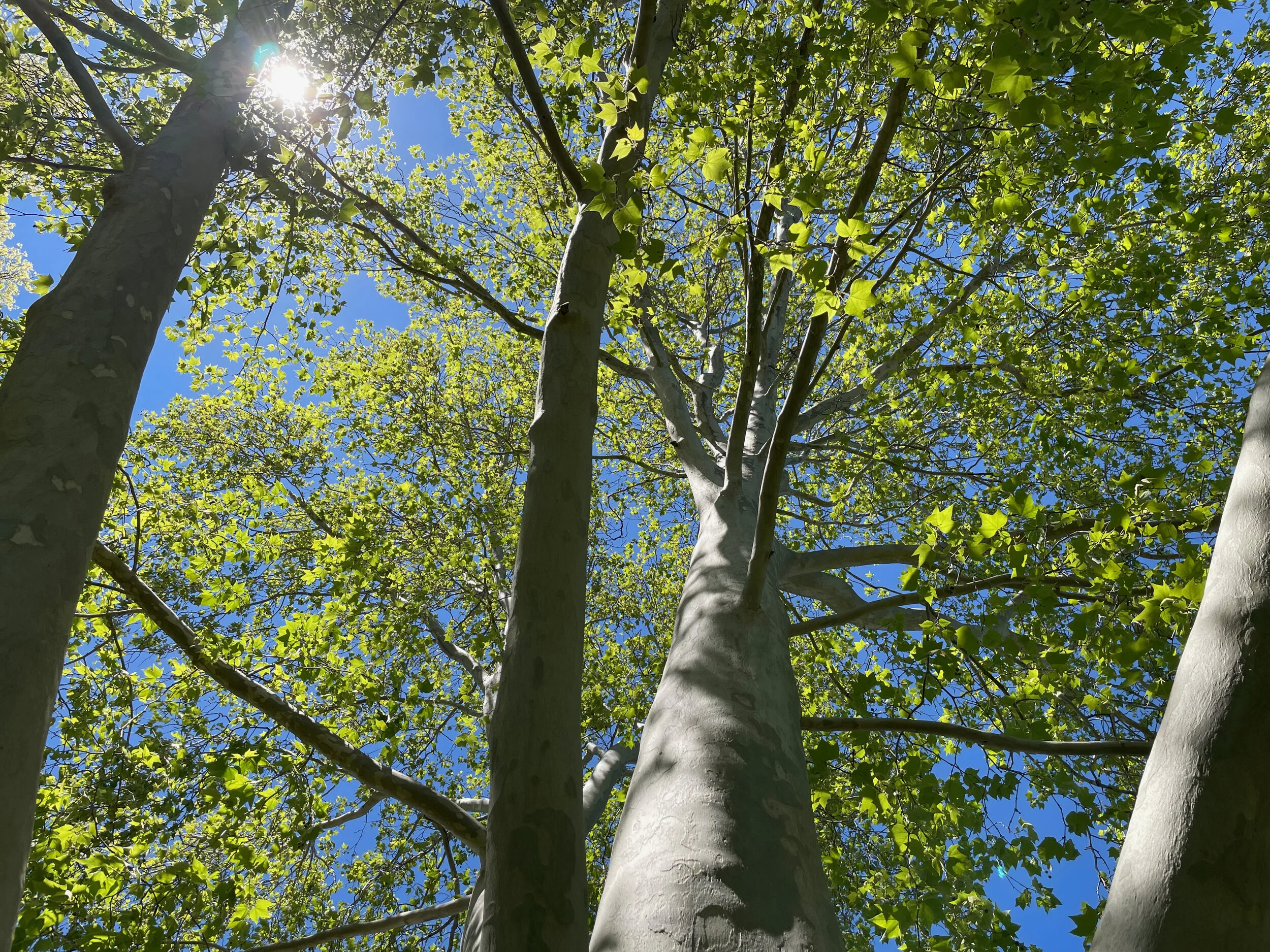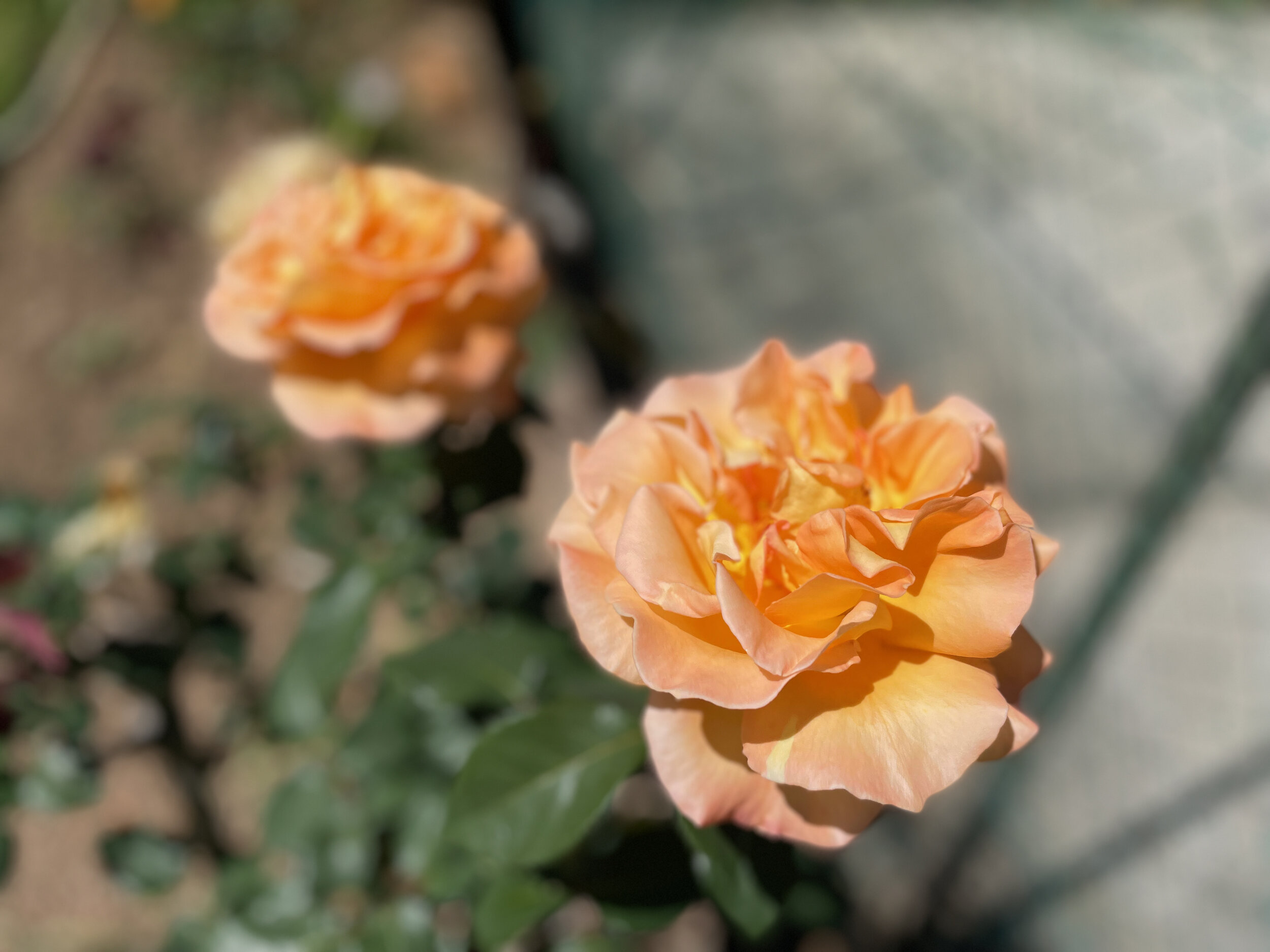When my father was conscious of the passing of time, he used to promise that Spring would arrive in our garden on the third week of September. Usually, he was right. In the same way he would predict a shift of seasons in the Western Cape on the Ides of March – that fateful day marked in Shakespeare’s play when Julius Caesar was treacherously stabbed to death 23 times by Roman senators. As my father was an academic, literary references like these were ever present in our lives. Most years it happens thus and on March the 15th, there is a marked shift to an autumnal mood with rainfall and clouds. Beware the Ides of March.
The passage of seasons was my father’s almanac. Intensely engaged in his large, sprawling garden, his moods moved with the warmth and the cold, the clouds and the wind, and his habits shifted too. In winter he must spend more time indoors because it was cold and wet. In latter years, the winter months seemed bleaker due to Eskom’s load-shedding. As my father’s property is located below a mountain, the winter home was often colder inside than out, warmed usually by one small oil heater, and occasionally a fire in the hearth. But Spring brought joy, a life outdoors and the blooming of his beloved roses for which he won competitions. Now in his dementia, without the conscious references of seasons, he lives more intuitively for the moment, but he is drawn still to the natural world as a source of comfort and rhythm.
Full blooms
Since my father lost the will to entertain himself, first abandoning the pleasure of reading, then stopping listening to music, nature has remained the great, faithful stimulator of mood. He spends time seated on his wooden deck at the top of the property where he can scan the view, the lawns and flower beds. The birds cluster in the trees nearby and shout and squeak. I have heard him singing back to them. He predicts rainfall by watching the level of cloud cover on the Stellenbosch mountain. Sometimes when it is very gloomy, he imagines he is in England and says he is looking forward to coming home to South Africa.
Dad in his nest with a bird’s-eye view of the garden
I remember sitting next to him, fairly recently, on a fine spring day, in quietness for a while. We were both gazing meditatively at banks of green trees. The play of dappled light on the boughs and leaves brought a limpid depth to the scene.
“Just look at that,” he said to me in admiration of the vista of shimmering leaves and shadows.
“Yes,” I answered, “that greenery.”
He paused and then replied looking at the arching clear sky, “And the bluery.”
In the absence of the right vocabulary, he had been inspired to create a word which fitted perfectly as a description of a true blue sky rising from the edge of the trees and stretching above us, more awe-inspiring than any Italian painted cathedral ceiling.
Spring came this year in the third week of September and now in mid-October the season is in full flush. Light winds stroke the purple velvet-topped lavender bushes. There is a cacophony of insects. The old oak trees have exploded into foliage, and the pin-oaks have projected a froth of smaller leaf, almost lime in colour. The small birds are frantically chasing insects in the sky. Every now and again the slower shadow of a bird of prey crosses the lawn, and I can look up and see it wing its way across the sky, purposeful in a way that smaller birds are not. Hoopoes flash through the garden at eye-level and once established on a patch of grass, set about lancing worms with long, sharp beaks. There is a great deal to entertain a lazy eye.
Many dementia specialists extoll the virtues of taking patients outdoors. It’s found to have a soothing and calming effect on them. It’s often for free. Sadly not all old age or dementia-specific institutions can offer this experience, especially where access to gardens is limited. Then ward walls become the boundary of the world to people with no memory. I read with interest how in the UK, the National Health Service (NHS) has invested millions of pounds on a two year project to promote and test the efficacy of “green social prescribing” as a response to mental illness. GP’s can prescribe activities outdoors in seven different natural areas across the UK as tonic for the troubled soul and disoriented mind. I include a link to the 2020 press release which suggests that should the results of this project be good, it will gather momentum going forward. https://www.england.nhs.uk/personalisedcare/social-prescribing/green-social-prescribing/
I watched an interesting Iranian film by acclaimed director Abbas Kiorastami about an engineer who travels off the beaten path to a remote and ancient Kurdish village where a matriarch is on her deathbed. The film plays out without signalling to the audience what is really happening, leaving the viewer in a pleasant and puzzled state of suspense, seeking the clue to the film. The engineer is intent on photographing the funeral of the old lady, who is taking her time to die, and day after day marks time by exploring the village and rural surrounds in a way which must surely disrupt his city-based view of life. There is an extraordinary scene where he hitches a lift on the back of a motorbike of a rural doctor. They travel through expansive golden corn fields, talking about the meaning of life. The older doctor, who seems to be at one with himself, suggests that the secret to contentment is “to observe nature”. The film is called The Wind Will Carry Us, and it stirred something deep inside me, which I can not fully explain but which I feel when I sit in nature, quite still, and open to what I can see, hear and feel is happening around me.
If I transport myself into my father’s muddled mind, I can imagine how useful that experience is. When you can no longer get dressed in your own clothes, boil an egg, manage a bank transaction at an ATM or express your feelings in words, there seems to be little left in this world to make you feel like yourself. However, to be in nature, and therefore of it, must be both a relief and through the senses, a confirmation of presence.
Another literary reference often quoted at home in springtime was the famous line “Nature’s first green is gold”. My father explained that the gold was the luminescence of the first growth of leaf which explodes out of twigs and branches as the sap rises. I looked for the poem and it is poignant, and here for you to read. It was written by the great American poet Robert Frost whose poems are the product of a wistful, sensitive and sustained observation of nature.
Nothing Gold Can Stay
Nature’s first green is gold,
Her hardest hue to hold.
Her early leaf’s a flower;
But only so an hour.
Then leaf subsides to leaf.
So Eden sank to grief,
So dawn goes down to day.
Nothing gold can stay.
By Robert Frost
Article Copyright (excluding poem)Marion Edmunds 2021



